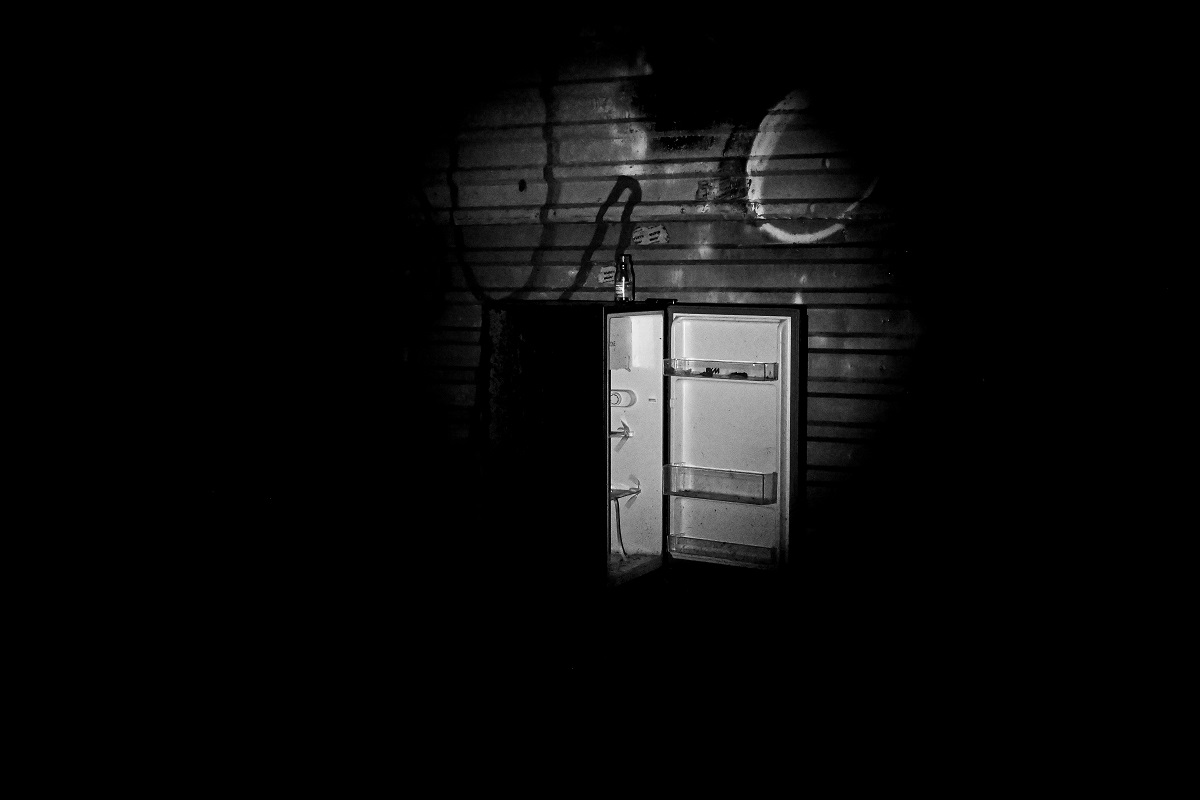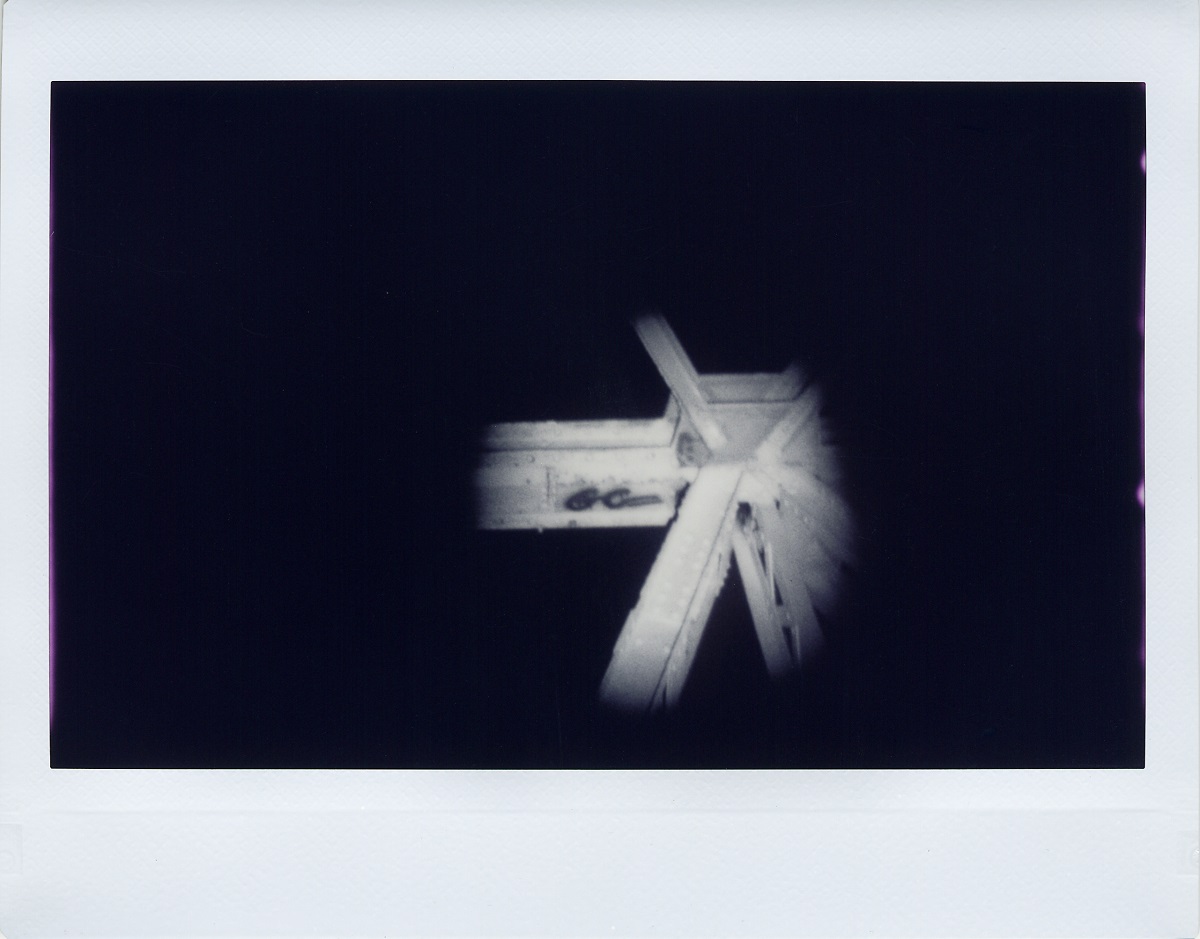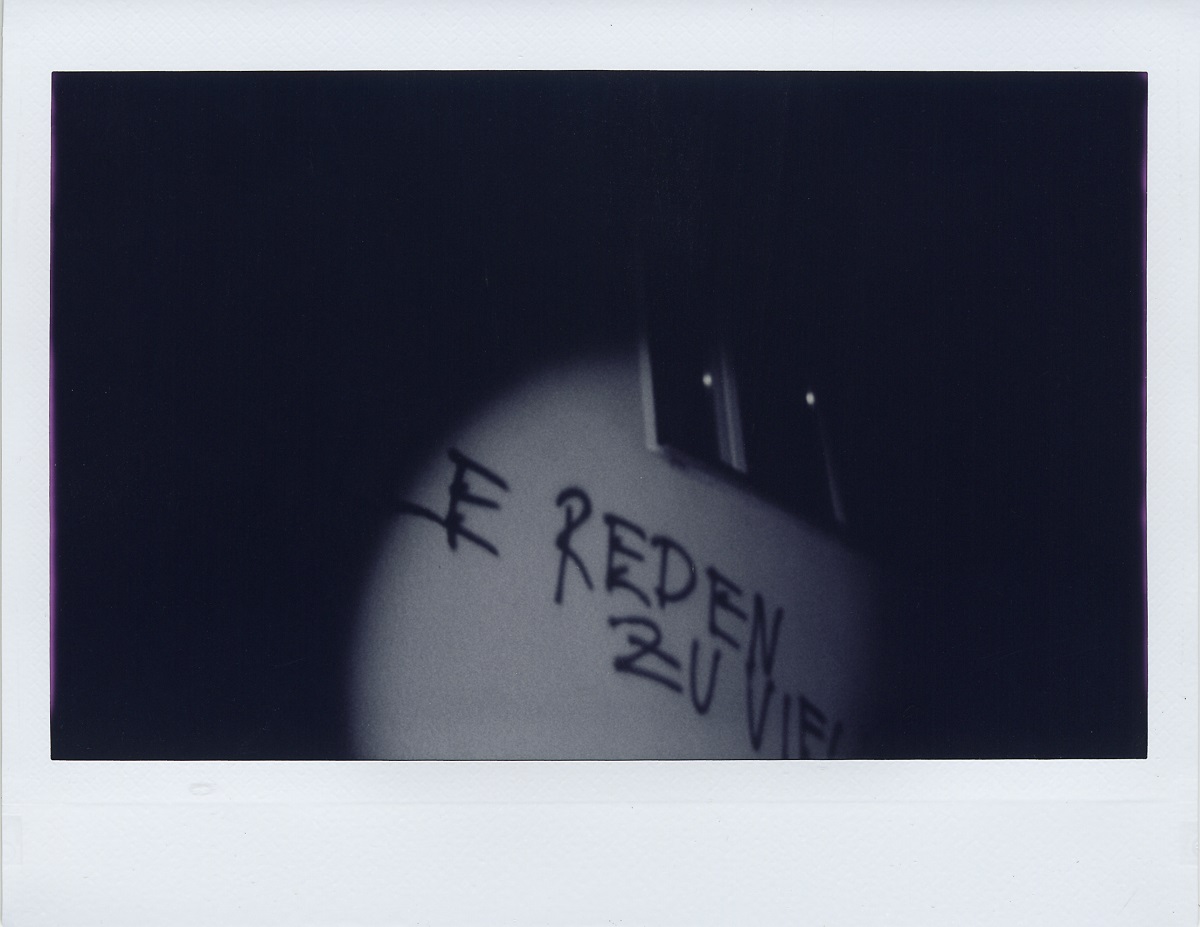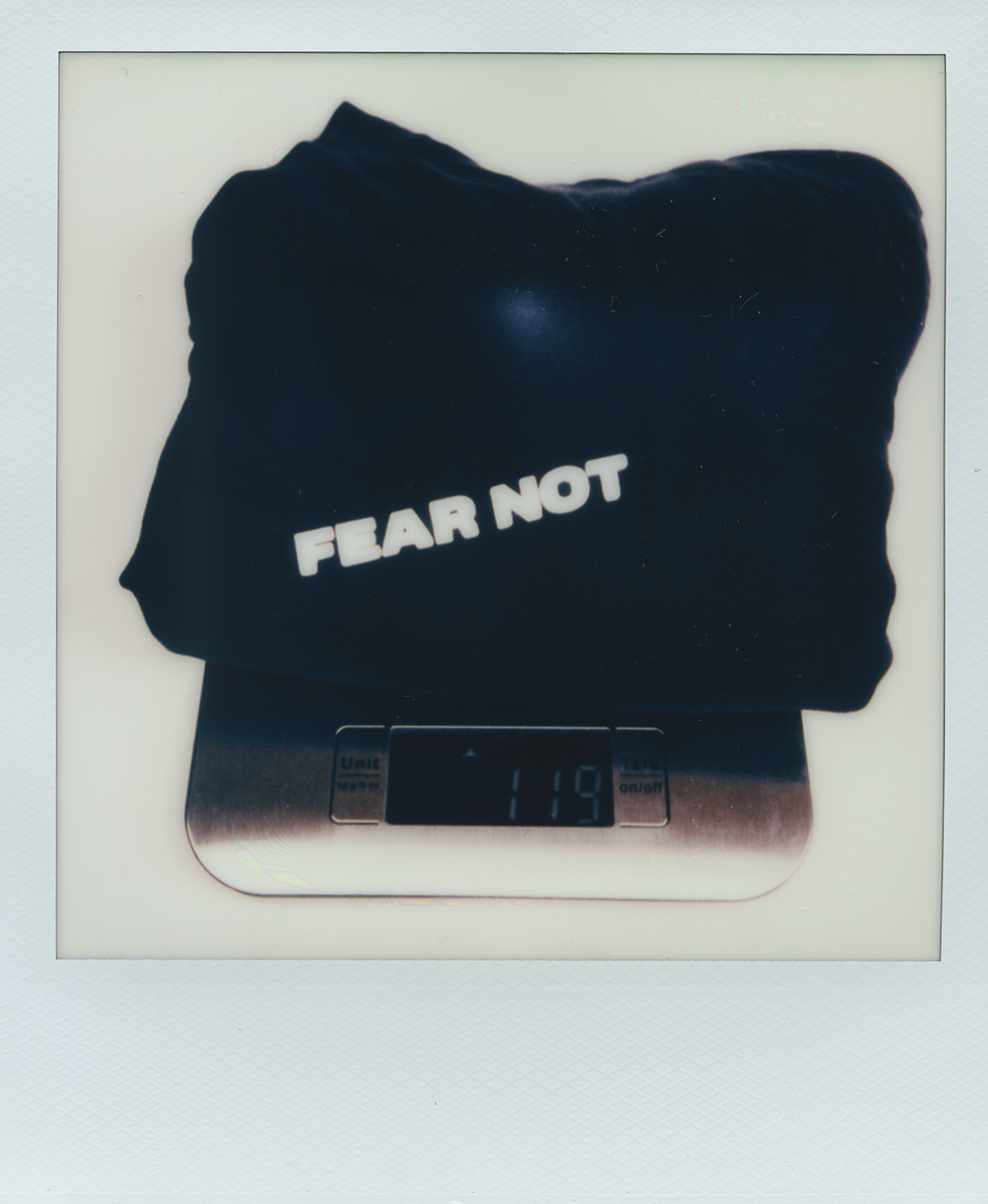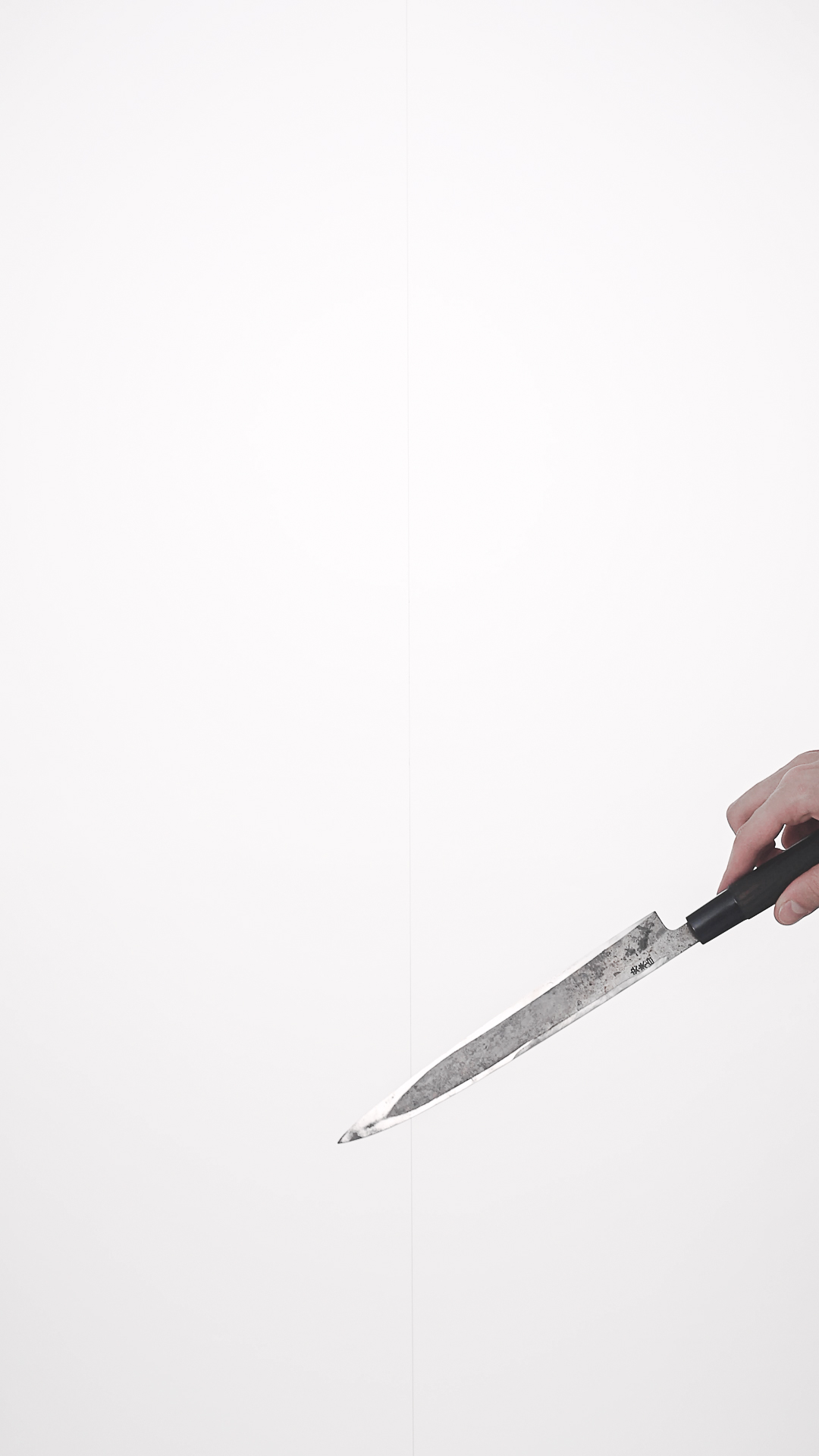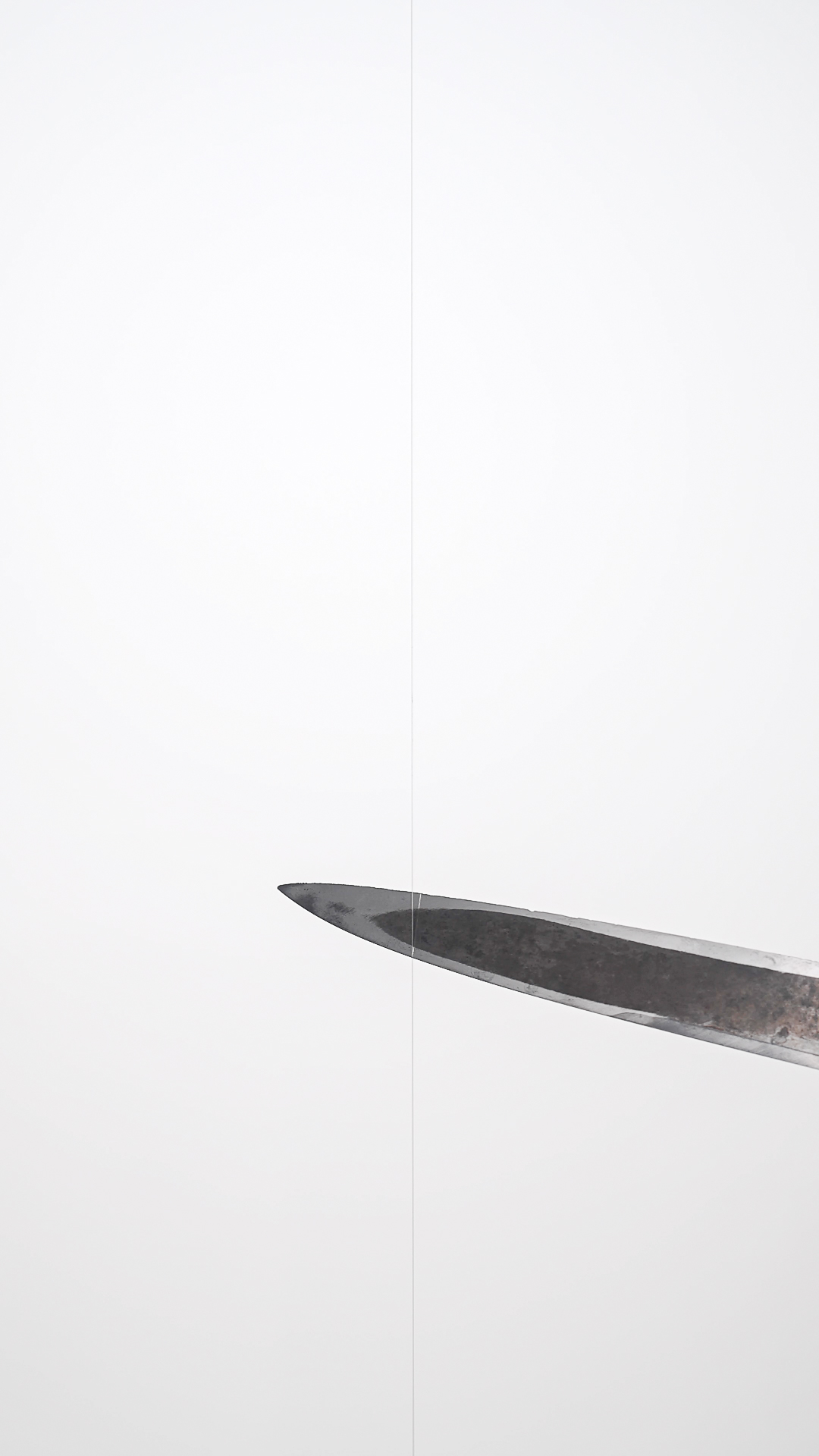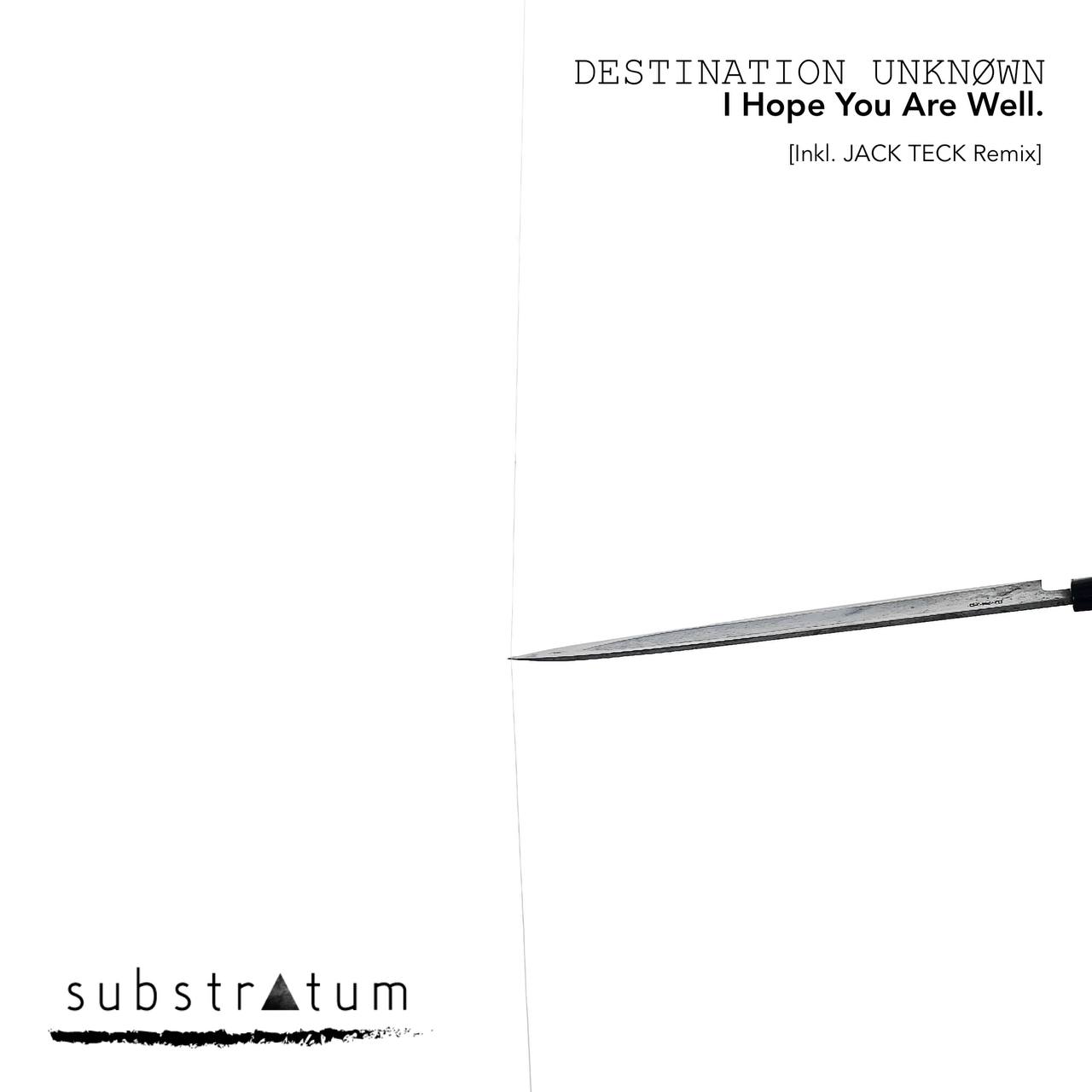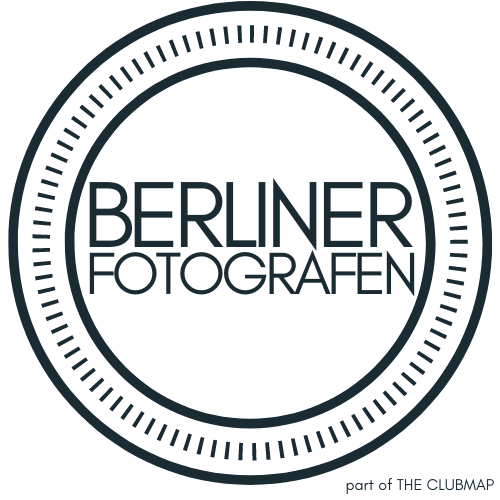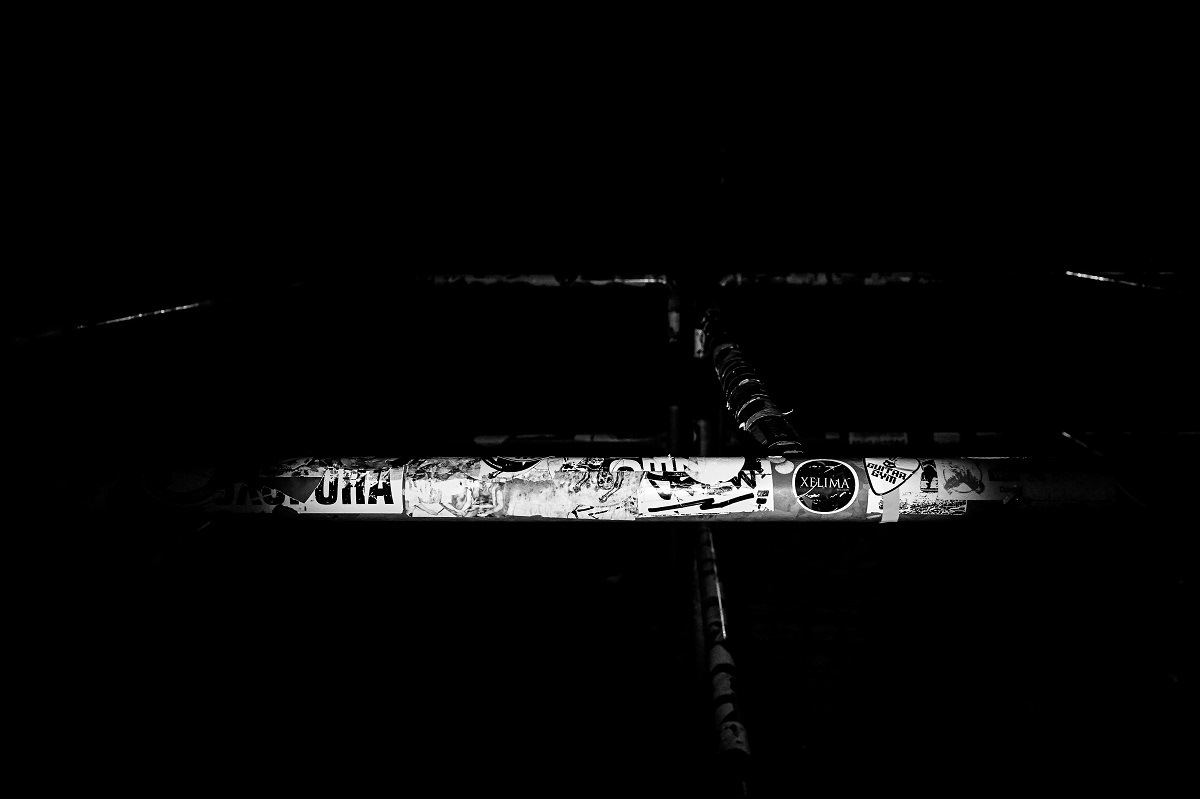
www.dariadanilova.art
Instagram: @danilova_dsm
➢ Seit wann fotografierst du?
I started at the age of 9, when my father gave me his old Olympus compact film camera. Later at
some moment I stopped and professionally returned to photography only when I was 23.
➢ Hast du dein erstes Bild noch?
Yes, I keep an album with my first photographs. As a child, I took many strange photos of different
things around the house — lots of close-ups and views from above — that looked like a catalogue,
as if I wanted to collect and preserve these structures for later.
➢ Was sind deine Lieblingsmotive – eher Menschen oder Architektur?
The most interesting subject for me is people, but at the same time, I rarely work with portraits. My
main focus is on objects that carry symbolic meanings for people, preserve memories, and serve
as means of knowledge transfer. Our existence is very fragile, and consciously or unconsciously,
we try to leave behind something that will continue our presence beyond physical life. I would
describe my practice as a study of memory and mortality through the material possessions of
individuals.
➢ Lieber Schwarz-Weiß oder Farbe – und warum?
I don’t prefer one over the other, it always depends on the project’s concept.
➢ Was hältst du von Instagram?
I think it’s a great tool for discovering the works and exhibitions of other artists. For me, it’s also the
main source of information about upcoming art events. However, it can be very addictive and might
bring you down, especially during your difficult moments. I share the opinion that Instagram
creates visual overstimulation for artists, which can lead to procrastination and stalled work.
➢ Was sind deine Vorbilder, sofern du welche hast?
John Divola, Megan Plunkett, Dmitri Prigov, Francisco Infante
➢ Was ist dein Lieblingsblog oder deine Lieblingswebseite zum Thema Fotografie?
I don’t follow a specific blog or website about photography. I follow my favourite photographers and
galleries on Instagram, and from time to time, I check contemporaryartdaily.com for something
new.
➢ Welche war die letzte Ausstellung, die du besucht hast?
Megan Plunkett «The Already World» at Sweetwater, Berlin, and The Quiet Space at Kraftwerk
Berlin produced by Tresor Foundation.
➢ Wo gab es deine Arbeiten schon zu sehen?
MIA Photo Fair in Milan, Rebecca Hossack Gallery in London, Gorky Park Museum in Moscow
and several others. This September, a new video work created in collaboration with Substratum
Records will be presented online, and from September 2025 to January 2026, my works will be on
view at the Notagallery Art Embassy in Berlin.
➢ Hebst du alle Bilder noch im RAW-Format auf, oder findest du das im Internetzeitalter
unnötig?
I always keep the original files in RAW and TIFF formats (including scans of analogue works). First
of all, they serve as copyright proof. I also experiment with different printing techniques, sometimes
using large-format prints — such as printing on wallpaper — and in these cases, I need the original
files to ensure the best quality.
➢ Kannst du dir vorstellen, dass deine Bilder in einer Galerie nicht mehr als Print, sondern
nur noch auf Screens erscheinen?
For me, it’s difficult to imagine, because I love working with physical space and photographs as
physical objects. It gives the opportunity to reinterpret your work through installation — using
different printing techniques or even simply playing with print sizes can give visitors entirely
different perceptions.
➢ Benutzt du noch analoge Kameras – und wenn ja, warum?
Yes, I use Polaroid SX-70, Lomo Instant and Nikkormat. For my practice using analogue cameras
is essential because it offers a unique way of capturing moments and transforming them into
lasting physical artifacts. I love the personal touch and their objectness, and this medium perfectly
aligns with the focus of most of my projects.
➢ Wie hat sich deine Fotografie durch Smartphones und KI verändert?
I don’t usually use smartphones to take photographs for my projects. However, they allowed me to
start experimenting with video works, which have now become part of my practice.
➢ Glaubst du, dass Social Media Fotografie verbessert oder oberflächlicher gemacht hat?
As with any other technology before, photography and the means of showcasing it have now
become accessible to many people. This has broadened and changed our understanding of the
possibilities of this medium, and we are only beginning to see the results of this shift.
➢ Hast du mal mit KI-generierter Fotografie experimentiert?
Yes, but until now, those have just been experiments. In the future, I would like to continue working
with AI — I like the idea of AI presenting the averaged opinion (including both textual and visual
content) on the internet about a given topic, with the answer depending completely on how the
question is formulated.
➢ Wenn du eine Kamera aus der Zukunft haben könntest, was müsste sie können?
To actually bring you back to the moment when the photograph was taken.
➢ Was würdest du in deiner Fotografie heute anders machen als vor 10 Jahren?
I would give myself more freedom — to experiment, make mistakes, and follow my intuition.
Vielen Dank
Daria D.
